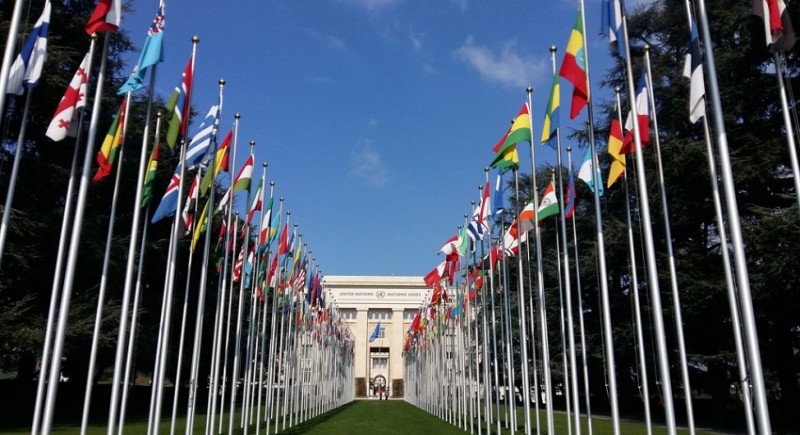
On April 7, 1948, the World Health Organization (WHO), a specialized agency of the United Nations, was founded. The world witnessed the establishment of the World Health Organization (WHO), a momentous event that marked a significant milestone in global health governance. This inaugural occasion, celebrated annually as the WHO Formation Day, saw representatives from 61 nations coming together to sign the constitution of the WHO during the first World Health Assembly. With this momentous act, the WHO officially came into existence, emerging as a specialized agency under the United Nations' umbrella. Since then, April 7th has been commemorated as a day to reflect on the organization's founding principles and its ongoing mission to promote health equity and well-being worldwide.
Early Beginnings
The WHO traces its roots back to the International Sanitary Conferences held from 1851 to 1938. These conferences, held across Europe and the USA, aimed to address the spread of diseases like yellow fever, cholera, and bubonic plague.
League of Nations and Health Organization
Following the formation of the League of Nations in 1920, a specialized health organization known as the Health Organisation was established.
Formation of WHO
After the Second World War, the United Nations was established, absorbing various specialized organizations, including the Health Organisation, to form the WHO.
Founding Day
The inaugural World Health Assembly took place on April 7, 1948, where representatives from 61 nations signed the constitution of the WHO. This day is now celebrated as the founding day of the organization, with April 7th observed annually as World Health Day since 1950.
Key Achievements
The WHO has made significant contributions to global health, notably in the eradication of smallpox in 1979, marking the first successful eradication of a disease through human efforts.
Focus Areas
The organization prioritizes efforts in immunization, vaccination, hygiene, and sanitation, partnering with entities such as the Food and Agriculture Organization (FAO), the United Nations Development Programme (UNDP), and the World Bank.
Global Presence
With offices in over 150 countries, the WHO collaborates with governments and stakeholders worldwide. It addresses a wide range of health issues, from infectious diseases like HIV, influenza, and malaria to non-communicable diseases such as heart disease and cancer.
Leadership and Governance
Headquartered in Geneva, Switzerland, the WHO is currently led by Director-General Tedros Adhanom Ghebreyesus from Ethiopia. Governed by the World Health Assembly, the organization comprises 194 member states, with a regional office based in New Delhi, India, serving the South-East Asian region.
Awareness Initiatives
The WHO celebrates World Health Day annually to raise awareness about health-related issues and promote global health initiatives.
World Health Day 2024: 7 Keys to a Healthier You on This Special Day